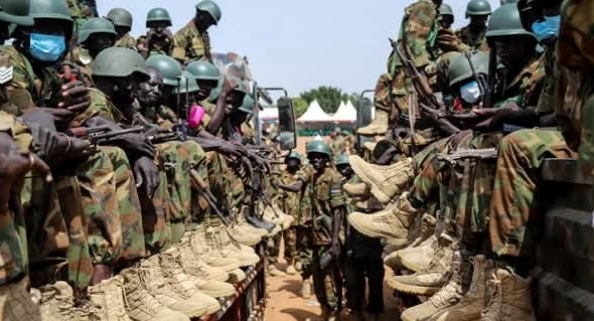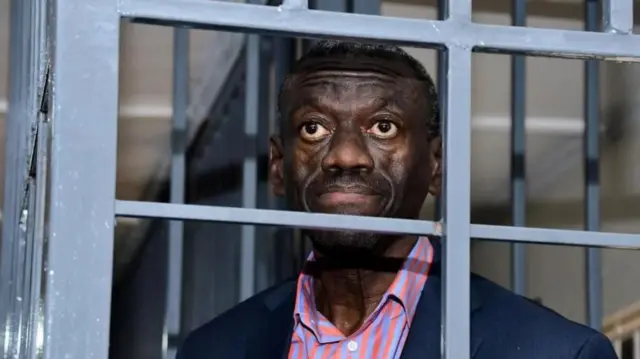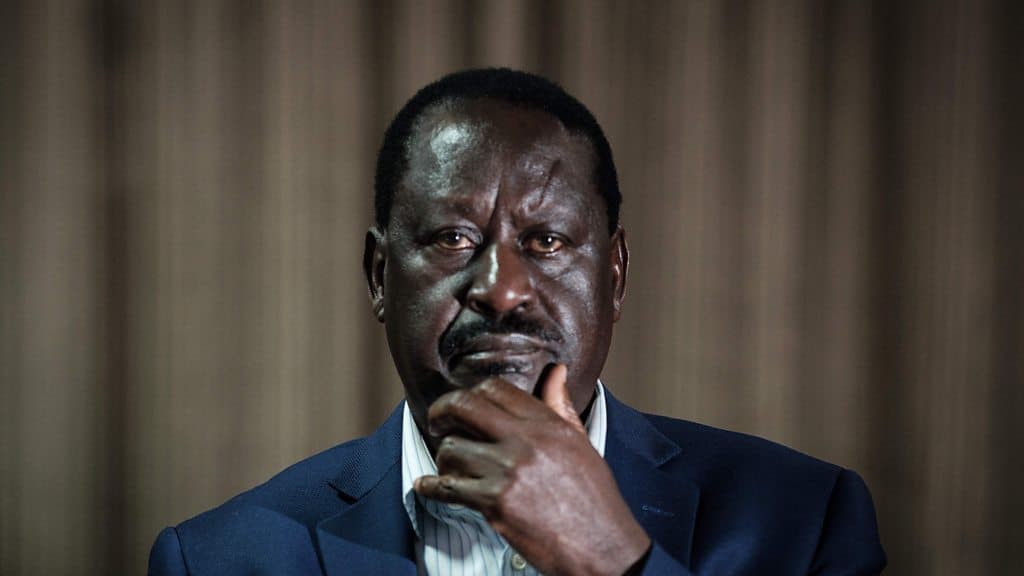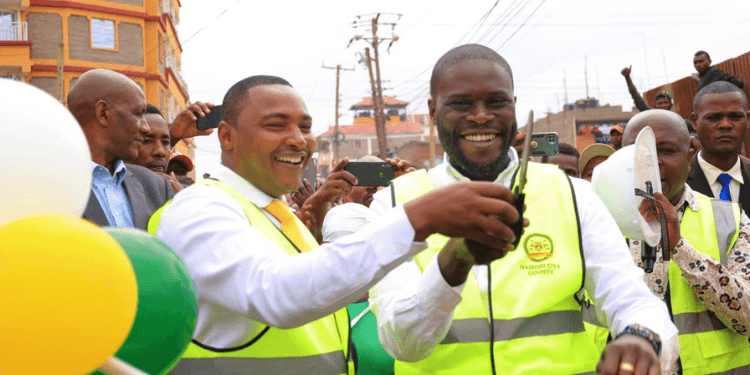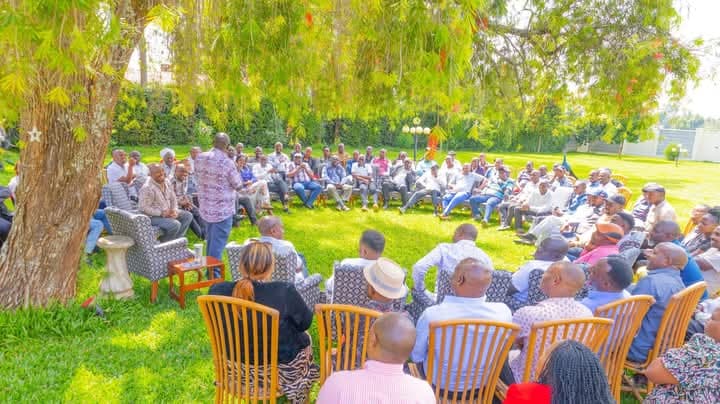SADC member states are facing mounting pressure to withdraw their troops from eastern Democratic Republic of Congo following huge number of casualties, including 14 South African and 3 Malawian soldiers among 773 people killed during M23 rebels' capture of Goma.
Malawi's President Chakwera has already ordered preparations for withdrawal, while South Africa faces increasing domestic pressure, including calls from opposition leader Julius Malema and parliamentary committees to bring troops home.
The crisis has sparked diplomatic tensions, with Rwanda's President Kagame accusing South African forces of collaborating with militias tied to the 1994 genocide perpetrators.
Former Kenyan President Uhuru Kenyatta has highlighted the effectiveness of the previous EAC Regional Force, which DRC replaced with SADC troops.
The situation has prompted a joint EAC-SADC summit in Dar es Salaam to discuss peaceful resolution, as SADC's military mission (SamiDRC) faces scrutiny just one month after its mandate was renewed for another year.
The Dar es Salaam summit’s urgency reflects not just tactical failures but Africa’s unaddressed paradox of peacekeeping: missions like SAMIDRC often stabilize symptoms (armed groups) while ignoring the disease (globalized mineral predation).
Since 1999’s Lusaka Ceasefire, every Congo intervention has replicated this cycle—from MONUSCO’s $12B expenditure with minimal governance gains to SADC’s 2013 “FIB Brigade” that reduced M23 temporarily but left artisanal mines in militia hands.
Today, 70% of SAMIDRC’s funders (South Africa, Tanzania, Malawi) face domestic economic crises, while Rwanda and Uganda—key mineral transit hubs—avoid fiscal contributions, mirroring colonial-era resource extraction patterns.
The M23’s resurgence correlates with Tesla/Apple’s 2024 cobalt contracts (85% DRC-sourced), suggesting Western ESG pledges inadvertently incentivize militia-taxed supply chains.
As world tech leaders scrutinize critical mineral ESG compliance, should boardrooms pressure tech giants to fund transparent DRC mining cooperatives as peacekeeping collateral?
Or will African leaders finally dismantle the “conflict mineral arbitrage” system—where rebel groups, foreign firms, and peacekeepers all profit from perpetual war economies—that has outlived eight UN resolutions and three regional military interventions since 2000?
